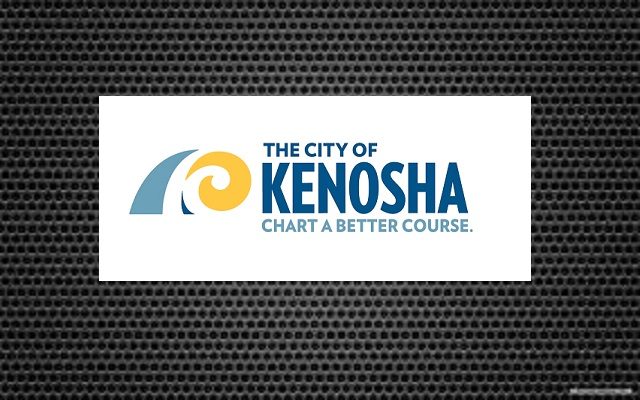Student Debt Forgiveness: WI Borrowers Urged to Monitor Taxes, Scams

Mike Moen
Wisconsin News Connection
August 31, 2022
In the coming weeks, applications could become available for student loan forgiveness under the new Biden administration plan.
In states like Wisconsin, borrowers might have to make note of some tax implications. The Biden plan, which includes income requirements, provides loan forgiveness of up to $10,000 for federal Direct loans, and up to $20,000 for Pell Grant recipients.
Cheryl Rapp, investment finance officer for the Wisconsin 529 College Savings Program, said it will be helpful given the student debt burden in the U.S., but she cautioned the relief amounts could be taxed in 13 states around the country, and Wisconsin is among them.
“Congress expanded the federal student loan forgiveness tax exemption when it passed the American Rescue Plan last year,” Rapp pointed out. “But that still means the state has an opportunity, depending on their laws, to actually tax the money that was forgiven.”
It’s unclear yet if Wisconsin will join 37 other states in aligning its tax code with the federal government to allow for the exemption. Democratic Gov. Tony Evers has hinted he would like to see it happen. Leaders in the Republican-controlled Legislature have not offered a formal consensus, but some party members have suggested they’re opposed to the idea.
Rapp noted not making any law changes could result in a borrower being taxed between $300 and $1,000 at the state level. Meanwhile, she remarked it is important to be on the lookout for scams during the application process.
“There are scammers that might be out there of, ‘Hey, I can help you with a fee [to] forgive your loans or consolidate your loans,’ and all that stuff,” Rapp warned.
Rapp added it is also important for future borrowers to still be mindful of predatory lenders.
“Make sure you know when you take out a private loan what you’re getting into,” Rapp emphasized. “Avoid those that are really high interest rates or have vague additional costs.”
For both federal and private loans, she advised never borrowing the full amount you qualify for if you do not need it. And Rapp stressed savings programs like the one she works with can help avoid these problems if investments start early. For low-income households, other family members, such as a grandparent, can make contributions to keep the account growing.





